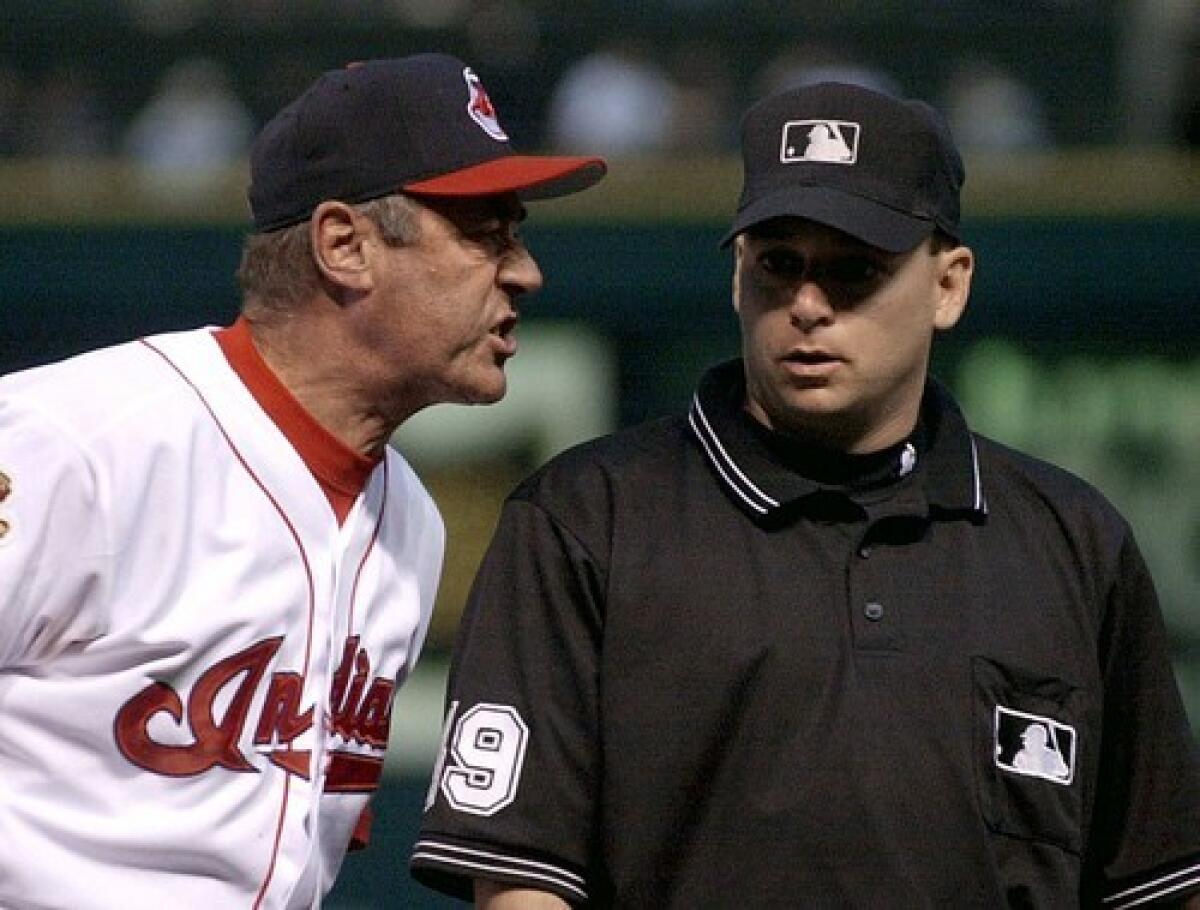PASSINGS

Ted Uhlaender
Pro baseball player, coach
Ted Uhlaender, 68, a former major league outfielder with the Minnesota Twins, Cleveland Indians and Cincinnati Reds, died Thursday after a heart attack, the San Francisco Giants announced.
He was diagnosed with bone marrow cancer last year.
Uhlaender was born Oct. 21, 1940, in Chicago Heights, Ill.
A fleet center-fielder, he played five years with the Twins before being traded with Graig Nettles and Dean Chance to Cleveland in a package for Luis Tiant and Stan Williams after the 1969 season.
He was later traded to Cincinnati, and he ended his career with a pinch-hitting appearance in a Game 7 loss to Oakland in the 1972 World Series.
In later years, he worked for the Arizona Diamondbacks and New York Yankees. He spent two years with the Giants, became Cleveland’s first base coach in 2000-01 and then returned to San Francisco and was scouting for the team at the time of his death.
His daughter Katie Uhlaender races for the U.S. skeleton team and spoke with her father shortly before she ended the World Cup skeleton sliding season Thursday with a silver medal in Park City, Utah.
On the awards podium after the race, Katie Uhlaender, who is trying for her second Winter Olympics team, said she raced that day to give her family a needed emotional boost. At the time, she didn’t know her father had died.
David ‘Jake’ Jaquith
Pesticide safety expert at EPA
David “Jake” Jaquith, 58, a scientist with the Environmental Protection Agency whose work was instrumental in banning the nation’s most widely used termite pesticide, died Feb. 4 of liver failure at his home in Greenbelt, Md.
Jaquith, who had worked at the EPA since 1985, was an early leader in efforts to evaluate occupational and residential exposure associated with pesticide use.
He helped develop the Pesticide Handler Exposure Database, which pooled data from various sources.
For many years, the nation’s most widely used termite pesticide was chlordane. More than 30 million houses and commercial structures were treated with the chemical from the 1940s into the 1980s.
Jaquith’s work contributed to the EPA’s 1988 decision to ban chlordane and related chemicals because of their ability to cause cancer, liver damage and nerve disorders.
Jaquith was born in Waterville, Maine, and grew up in Hyattsville, Md. He received a bachelor’s degree in conservation and resource development in 1973 and a master’s degree in poultry science in 1979, both from the University of Maryland.
-- times wire reports
More to Read
Start your day right
Sign up for Essential California for the L.A. Times biggest news, features and recommendations in your inbox six days a week.
You may occasionally receive promotional content from the Los Angeles Times.






